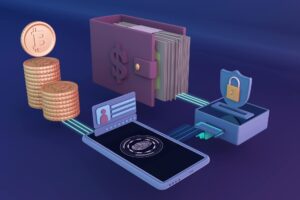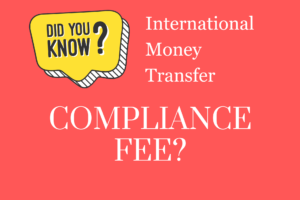There is still a lot of confusion about what a money transmitter license is and how you can get one for your business. In the US, the financial regulation is such that every state governs its own licensing policy. There are 50 states, one federal capital, and three US territories: Guam, US Virgin Islands, and Puerto Rico.
Every state issues its own money transmitter license. If you’re classified as a money services business then, depending on how you’re classified, you need to get a money transmitter license.
So the first thing is being classified as an MSB. Since each state has its own definition – there is also a federal definition – you need to find out how your particular business model is classified. Once you have been classified, it’s time to get your own money transmitter license.
In addition to the money transmitter license, you also need to register as an MSB with FinCEN, which is the Financial Crime Enforcement Network. By registering you are basically apprising the federal government of your operations as an MSB in the States. You can then choose the states where you will be operating, and begin reporting your activities and transactions in these states to the federal government.
It is very important to remember that the FinCEN license registration is not a money transmitter license. There is the federal license, per se, that is offered for money transmission to a non-banking financial institution. So, in the United States, you have two forms of coverage: you have what is called an FI, which is a financial institution, and you have a non-banking financial institution which is called an NBFI.
What is an NBFI? An NBFI is a non-banking financial institution like a PayFac, or an MSB. It can be any institution that is other than a bank and can apply for a money transmitter license and provide you license coverage.
A financial institution on the other hand is a bank, it could be a state-chartered bank, a nationwide chartered bank, a credit union, or a community bank, and it is usually regulated by the OCC which is the Office of the Comptroller of the Currency, and by the FDIC, which is a Federal Deposit Insurance Corporation. In cases of the National Charter, it is governed and regulated by the Federal Reserve. If you are provided licensing coverage by a financial institution, then there is no money transmitter license because their original banking charter license covers the money transmission angle for all states.
If you are licensed by a non-banking financial institution then they need to have the requisite money transmitter licenses for all the states in which you will be operating.
It is also very important to know why you need a license in every state. Let’s say you get a license in the state of New Jersey, this means you can only originate a transaction that originates from New Jersey, and/or terminates in New Jersey; you cannot have a transaction originate in New Jersey, and then send it to Chicago – that’s not allowed. Similarly, you can’t have a transaction originate in Chicago and terminate in New Jersey. If you have a license for New Jersey, you can only do business in the state of New Jersey. In order to do business in Chicago, you need a license in the state of Illinois as well. That’s how money transmission works.
This is just a brief overview of what is a money transmitter license, how it works, and whether you need to get one. If you would like to dig deeper, you can find more resources on this site.
Related resources:
- US Money Transmitter Licensing Options
- Own Money Transmitter Licenses vs Authorized Delegate
- Complete page on licensing and access to US Money Transfer Market
- Money Transmitter License: US Remittance & Payments Solution
- FAQs About MTL
—
This page was last updated on December 11, 2023.
–




